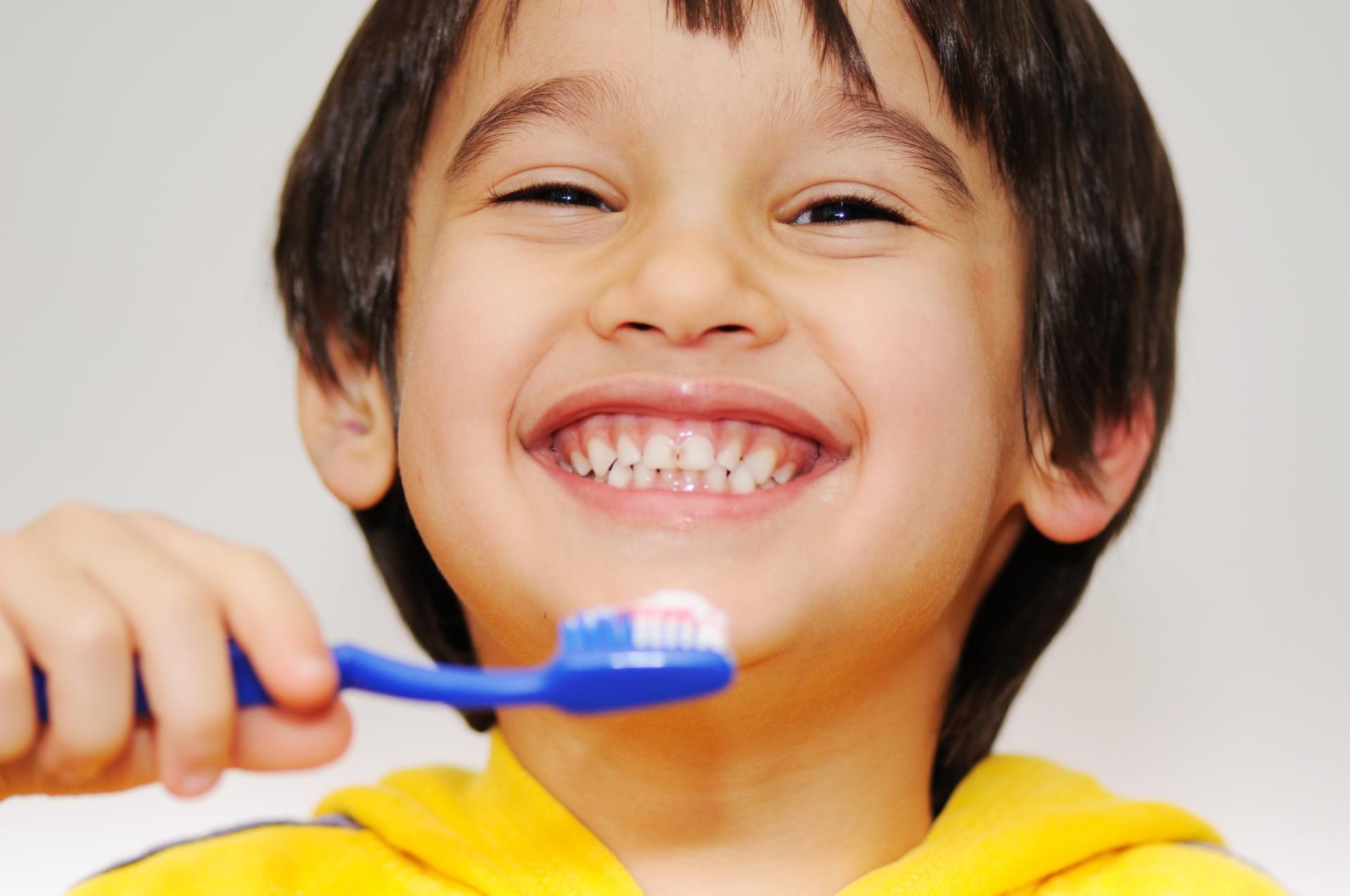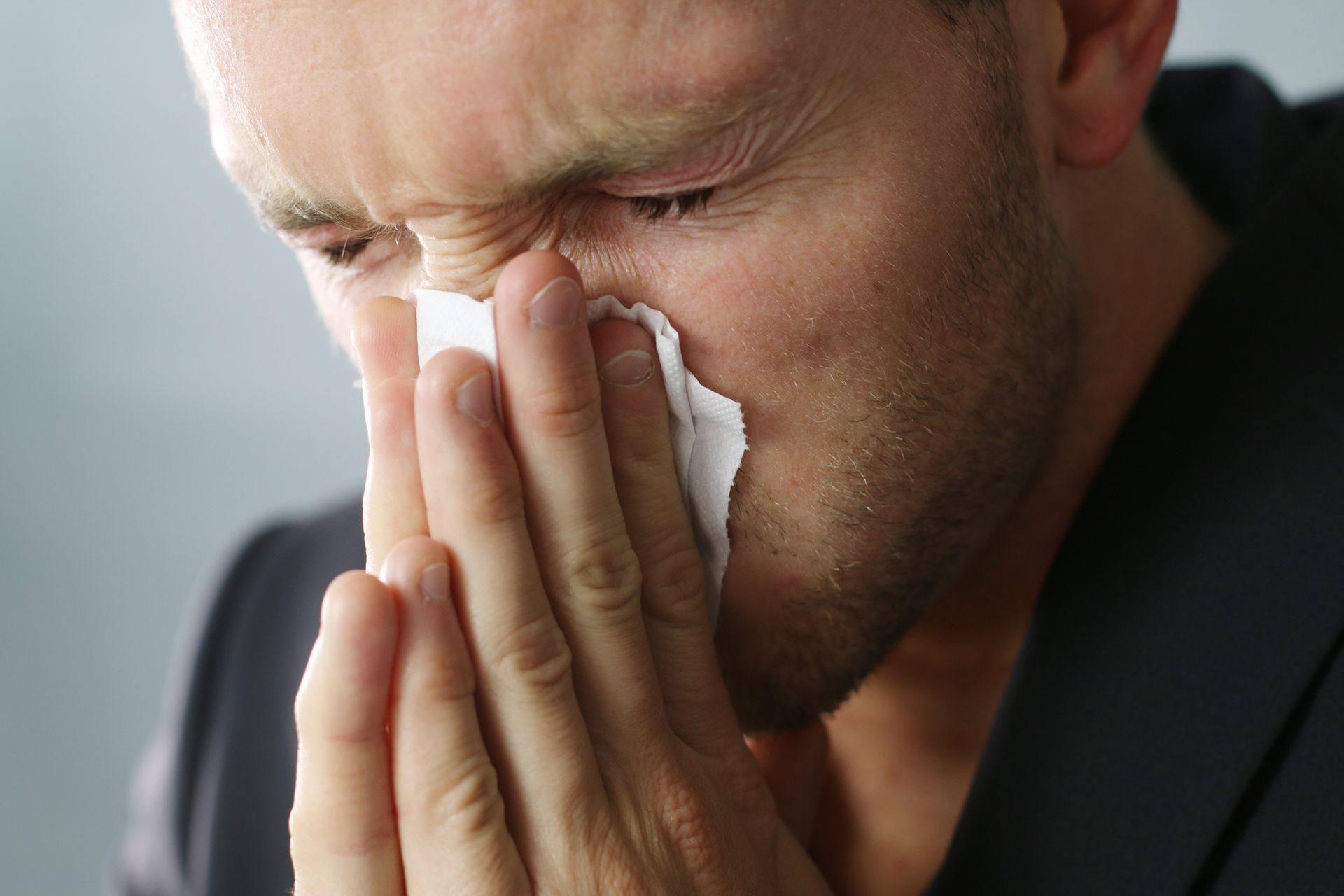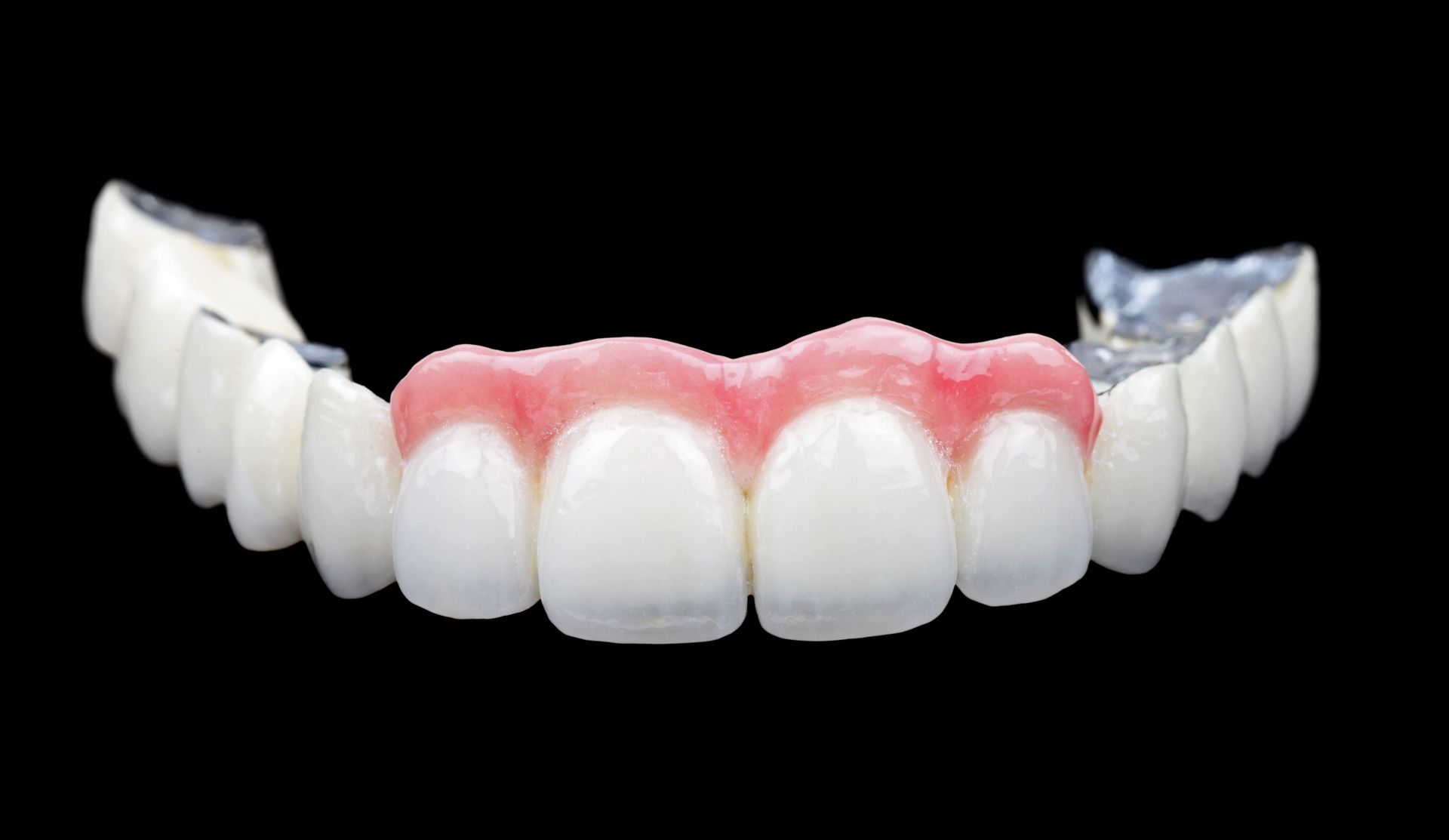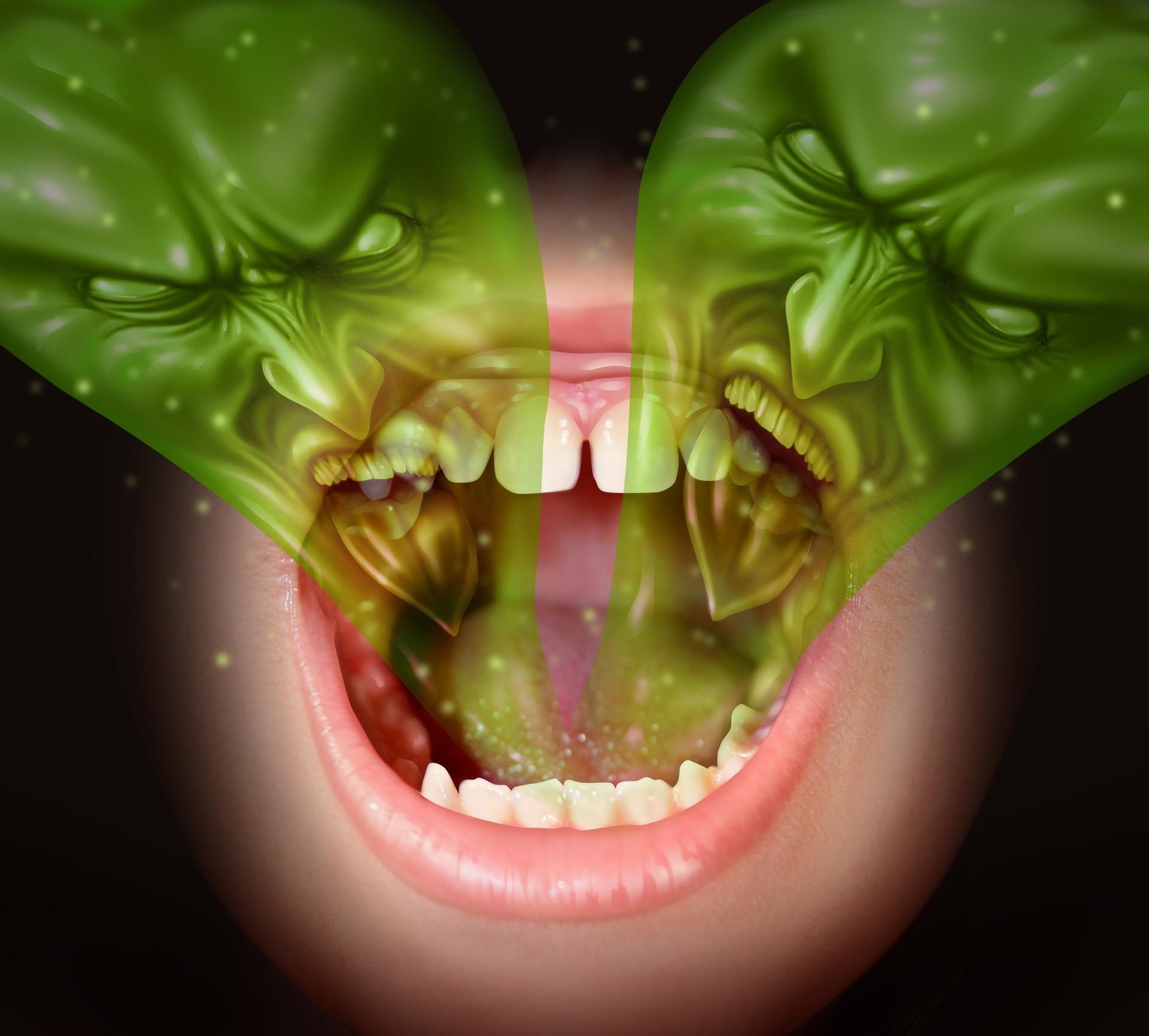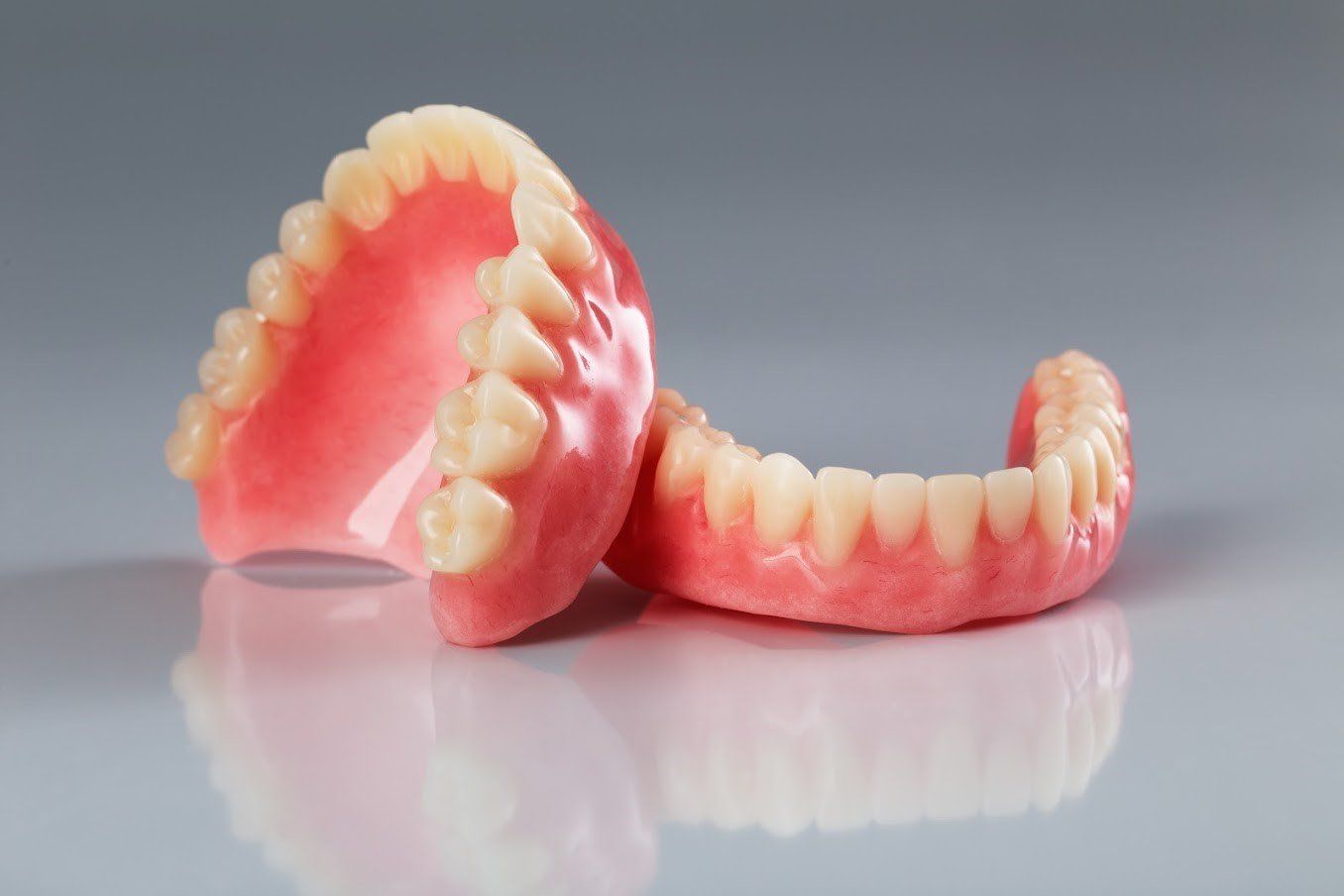What Are the Most Common Types of Dental Emergencies?
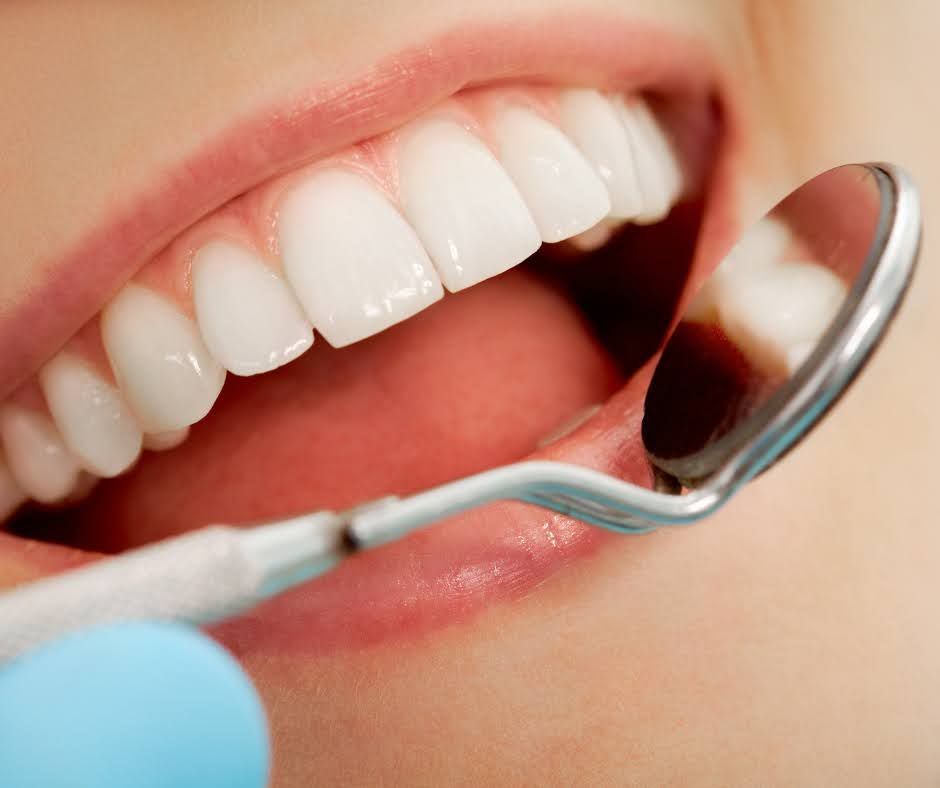
Oral health has a direct impact on your overall well-being. If you have dental health issues, you might experience different types of symptoms. Some of these symptoms might constitute dental emergencies requiring immediate medical attention. Below are some of the most common types of dental emergencies.
Chipped or Cracked Tooth
Your teeth can crack or have chips if you use them to bite hard foods such as ice, popcorn kernels, and candy. The same can happen if you use teeth for other things other than chewing and biting, such as opening bottles. Chipping and cracking can also happen when you clench or grind your teeth. If you notice signs of cracking or chipping, rinse the tooth fragments and preserve them in a glass of water or milk.
Tiny cracks or chips on the surface of your tooth usually don't constitute a medical emergency. But the cracks can loosen the tooth and cause tooth and gum sensitivity. The cracks may become large enough to expose the inner layers of your tooth. Failure to see a dentist immediately can cause an infection of the tooth bulb, which can destroy the tooth.
Abscess
Many things can cause infections in the teeth and gum tissues. You will notice swollen and pimple-like spots on your gums. The infections will spread to nearby teeth, causing an abscess. The condition can even spread to other body parts if you don't get immediate medical attention.
Broken Orthodontics
Braces have strong metal brackets and wires that can withstand frequent eating and chewing. However, braces can crack and prick your gums and cheeks, causing discomfort and slowing down the process of straightening and aligning your teeth.
Before seeking medical attention, try to push the wire back into position. You can also use a small cotton ball or orthodontic wax to cover the exposed end.
Soft Tissue Injury
Oral soft tissues are the tongue, cheeks, gums, and lips. These tissues can sustain various injuries, such as tears, punctures, and lacerations. If any of these tissues get injured, immediately contact a dentist for additional instructions. In the meantime, use warm water to apply pressure to the injured area and stop bleeding.
Bleeding After Tooth Extraction
Bleeding occurs when you undergo tooth extraction, but a blood clot should form in the socket and stop the bleeding. You may also experience some inflammation and minor pain after the extraction, but this discomfort should stop after a while. Sometimes, the blood clot fails to form or detaches from the socket after forming. The pain and swelling may also become severe and persist for a long time.
Severe Pain
Toothaches can happen due to many dental issues and don't necessarily amount to a dental emergency. Anti-inflammatory medication and other over-the-counter drugs can help treat mild pain. But if you experience severe toothaches that fail to go away even after using medications, you may have a major dental issue.
Loose or Knocked Out Teeth
Accidents can loosen or knock teeth out of your mouth entirely. Both of these scenarios constitute medical emergencies and require urgent dental care. Take measures to keep the tooth in place as you seek emergency dental care.
If an unfortunate accident knocks out a tooth, find it and hold it by the crown. The crown is part of the tooth that is typically conspicuous above your gum line. Also, try to preserve any tissues that got detached from the gums during the injury. Store the knocked-out tooth in a glass of water or milk.
Dental issues can spread if you don't get quick medical attention. You can get help at Carlino & Paton DDS PC. We offer high-quality dental services and restorations. Contact us for technologically advanced and patient-focused dental care.
Contact Information
Address: 51190 D W Seaton Drive New Baltimore, MI 48047
Phone: 586-725-9898
Fax: 586-725-4470
Business Hours
Monday: 9:30 am - 6:00 pm
Tuesday: 9:00 am - 6:00 pm
Wednesday: 9:00 am - 6:00 pm
Thursday: 8:30 am - 6:00 pm
Friday: 8:30 am - 12:30 pm
Saturday: 9:00 am - 2:00 pm
Open One Saturday a Month
Contact Information
Address: 51190 D W Seaton Drive New Baltimore, MI 48047
Phone: 586-725-9898
Fax: 586-725-4470
Business Hours
Monday: 9:30 am - 6:00 pm
Tuesday: 9:00 am - 6:00 pm
Wednesday: 9:00 am - 6:00 pm
Thursday: 8:30 am - 6:00 pm
Friday: 8:30 am - 12:30 pm
Closed Saturday and Sunday

